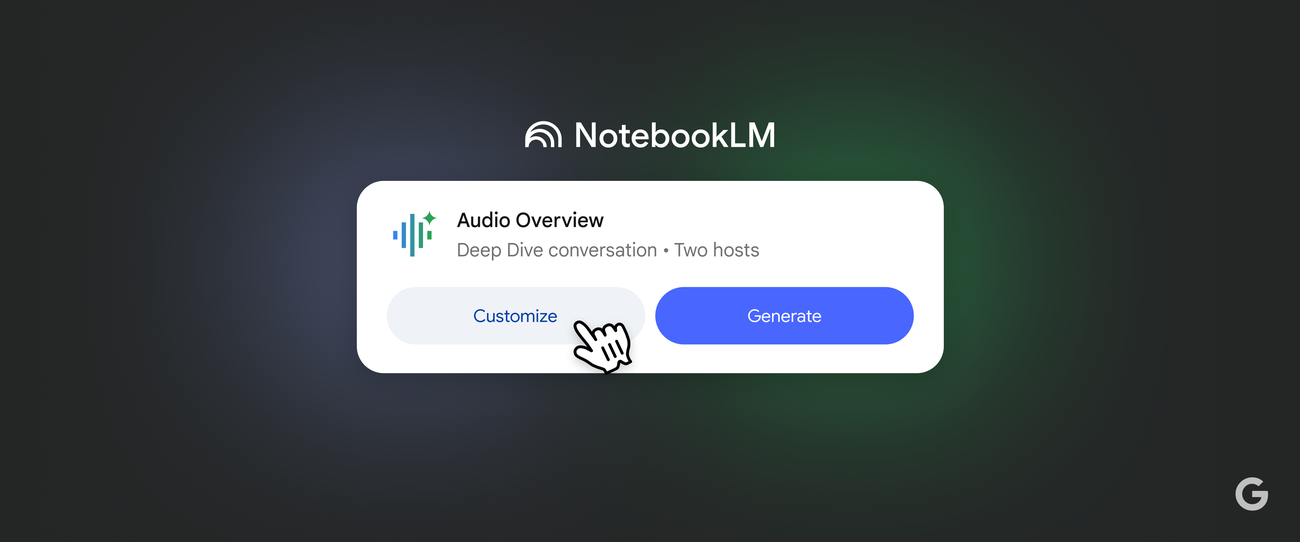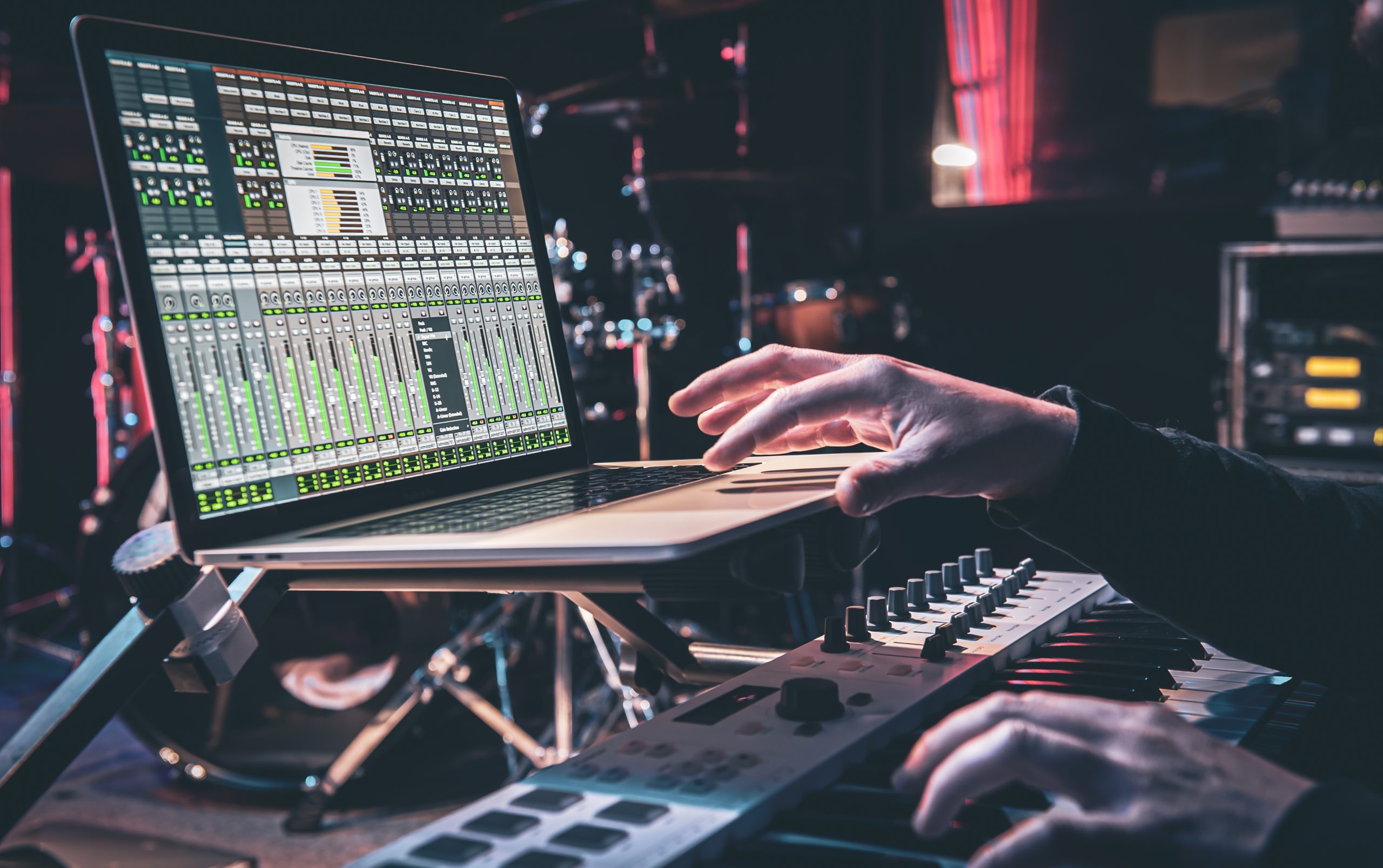I tried using AI to create the background music for a podcast, but I ...
When I create audio or video content, one challenge I often face is finding the right background music. Not a full theme song, but just some simple tunes to enhance the beginning and end of the content. While there are many good music libraries available, I was curious to explore the capabilities of AI music tools in composing suitable background music.
Exploring AI Tools for Music Composition
To test the effectiveness of AI in creating background music, I decided to experiment with Google's NotebookLM. This AI tool offers an Audio Overviews feature that can transform various sources of information into podcast-style recordings. Intrigued by its capabilities, I chose the topic of glass blowing for my experiment.

I provided NotebookLM with links and videos related to the history and process of glassblowing. The AI-generated podcast-style recording produced by NotebookLM featured two AI hosts discussing the topic for over 20 minutes, although I only needed a brief introduction.
Subsequently, I tested several AI music tools such as Soundverse, Beatoven, and Loudly. While each tool had its strengths, I found that many of them fell short of my expectations. Despite trying different prompts and approaches, the generated music was often discordant or unpleasant to listen to.
Discovering Suno's Contribution
After numerous attempts with various AI music tools, I turned to Suno to create an instrumental track specifically tailored for a glassblowing podcast. Suno delivered two tracks titled "Shaping Fire and Sand," with one track standing out for its ambient and classical tones that suited the podcast theme perfectly.

Upon incorporating the AI-generated music into the podcast, I found that it complemented the content without being distracting. Feedback from friends indicated that the AI-generated music went unnoticed, unlike the AI voices used in the podcast.
While the music wasn't flawless and required manual adjustments, Suno's performance exceeded expectations for a free tool with minimal production demands. However, I acknowledge that human composers offer a level of creativity that AI cannot replicate in most cases. Nevertheless, Suno's contribution served as a harmonious experiment in AI-generated music.

As an exploration of AI's potential, Suno's role in creating background music for the podcast was a notable addition that showcased the evolving capabilities of AI in content creation and production.





















